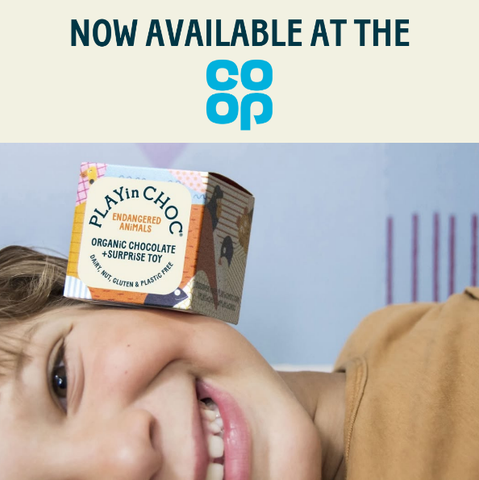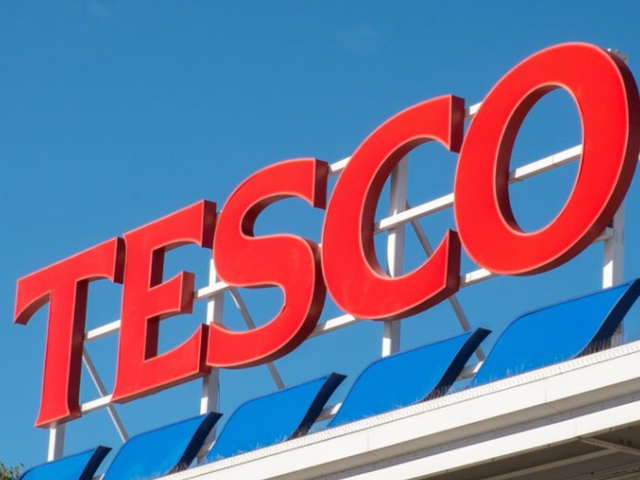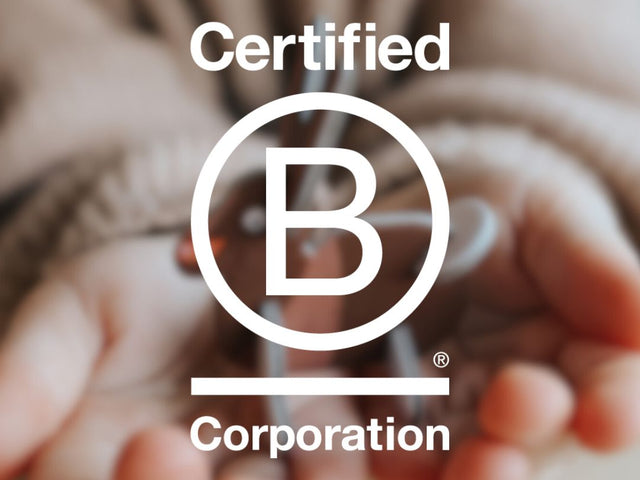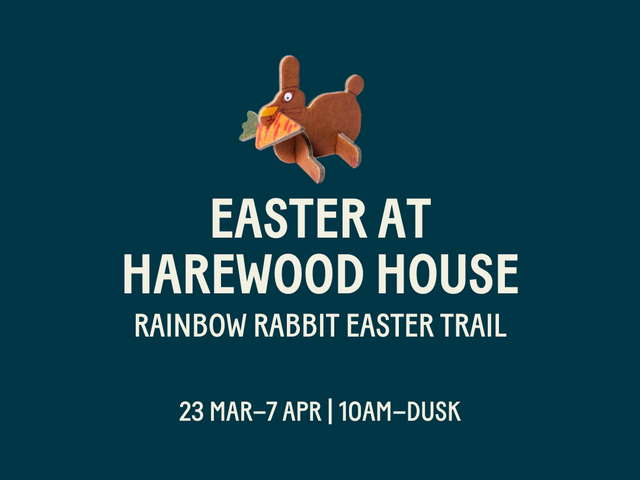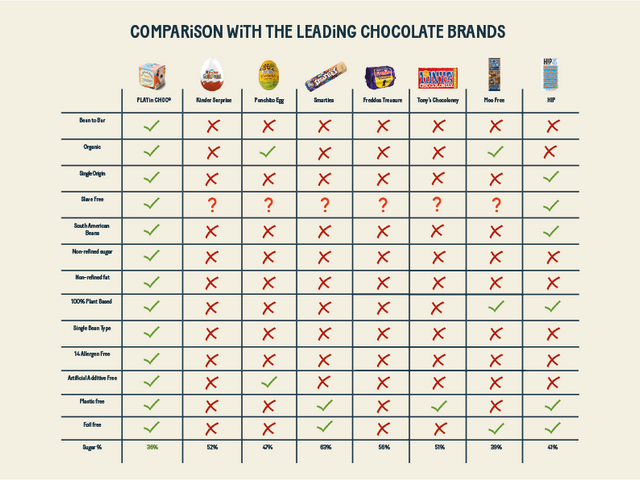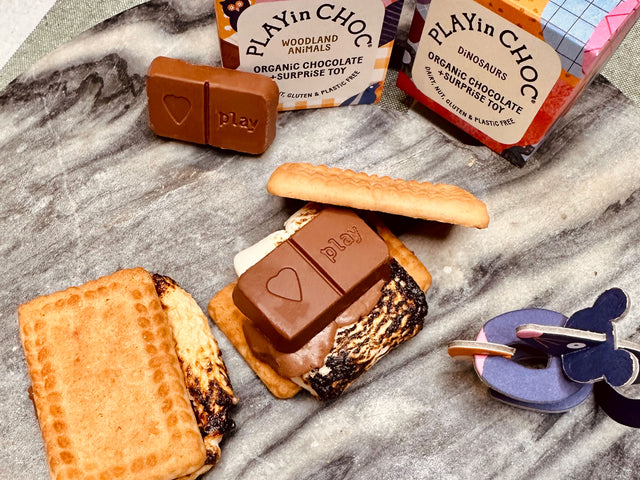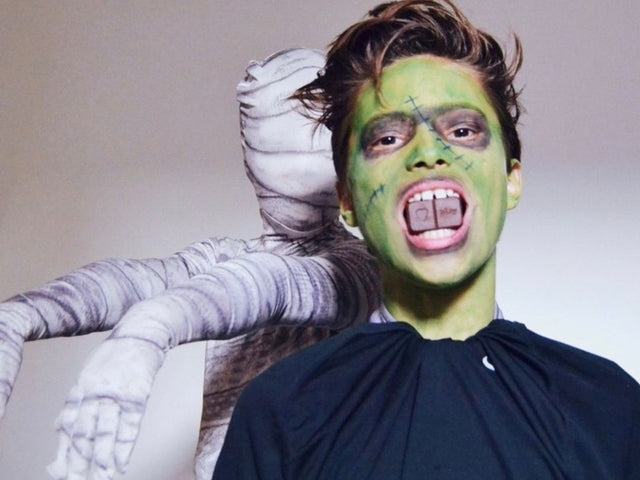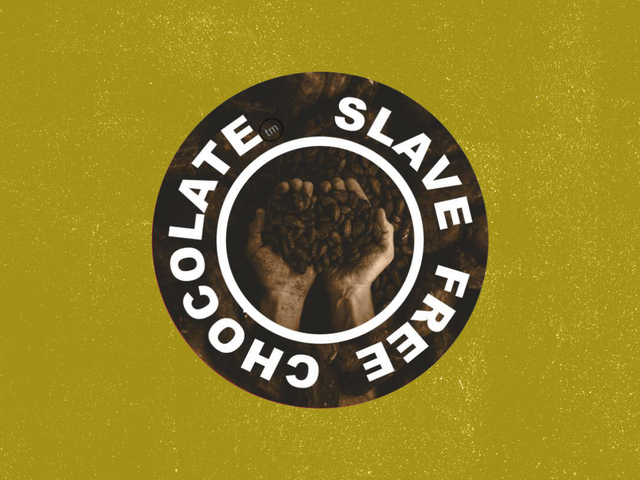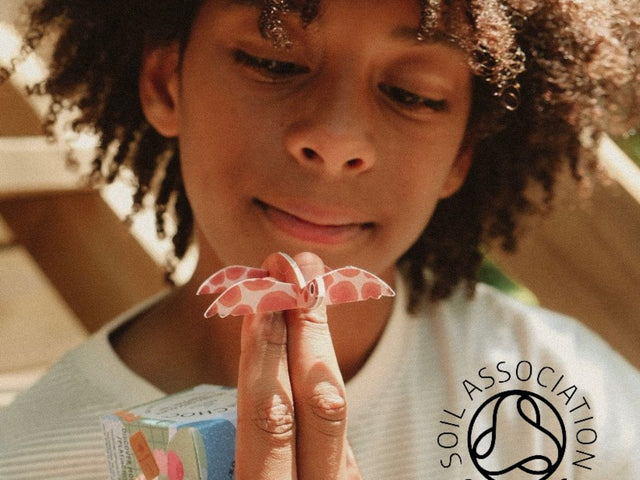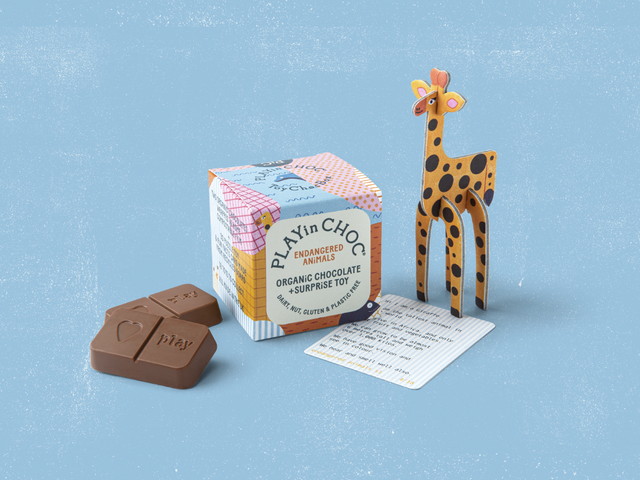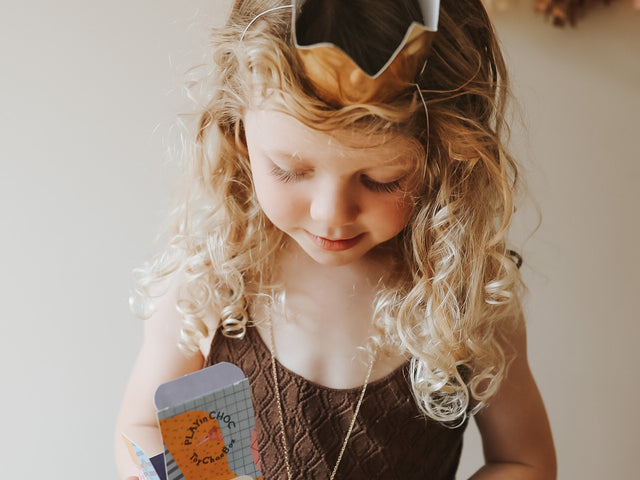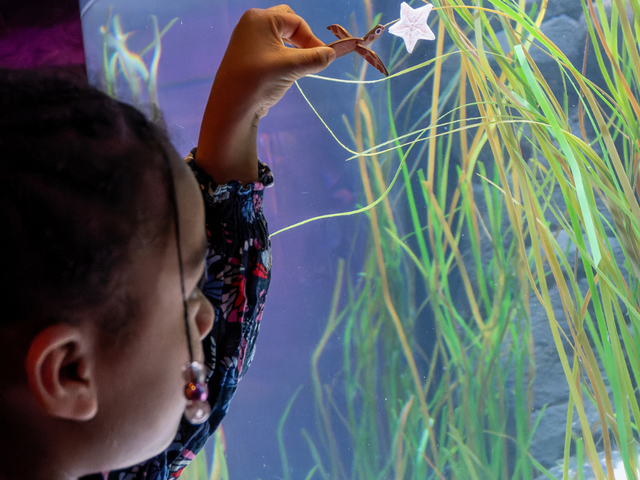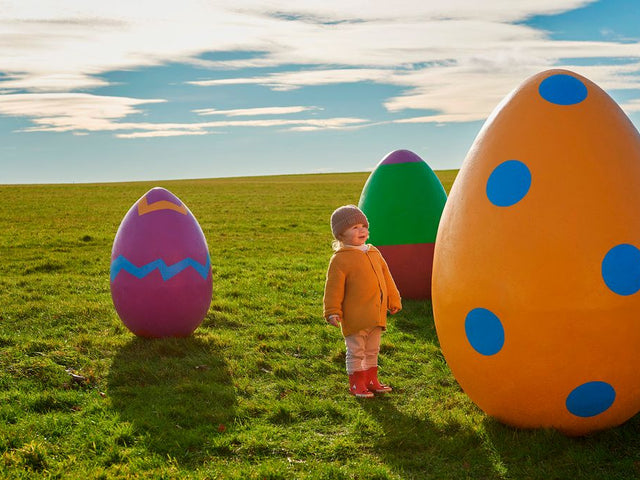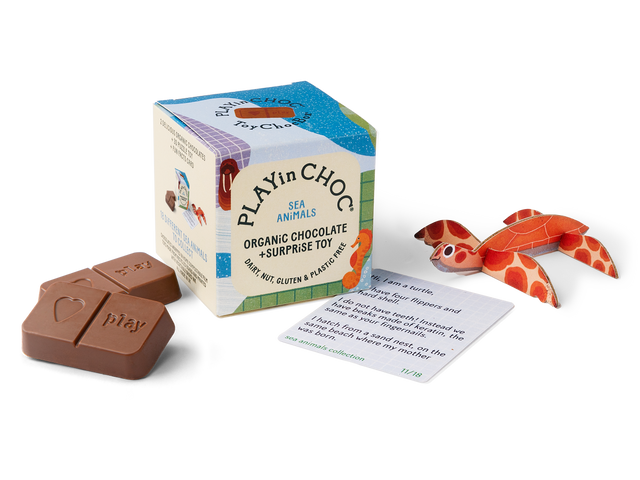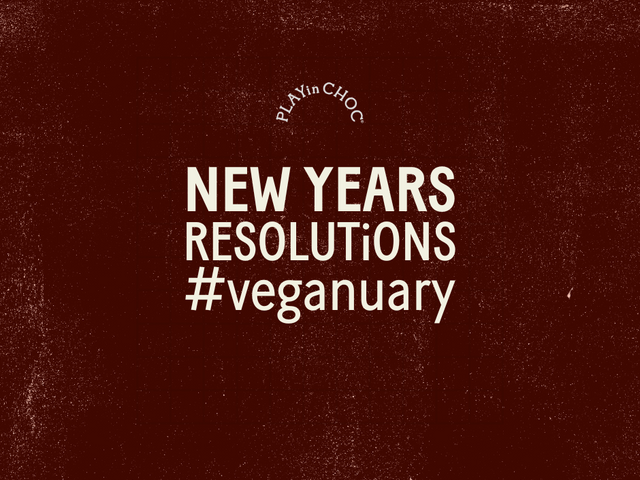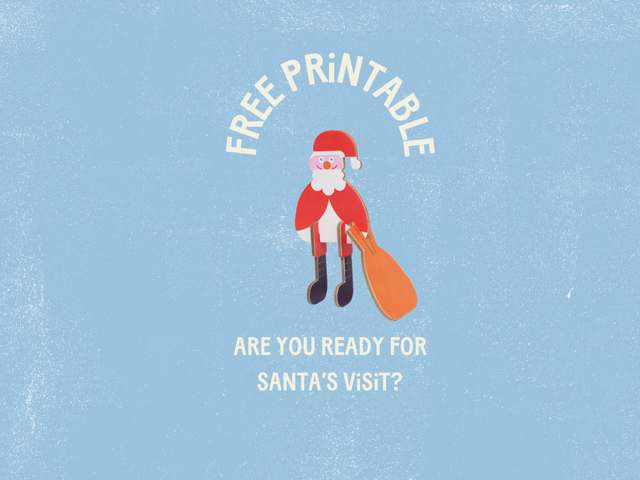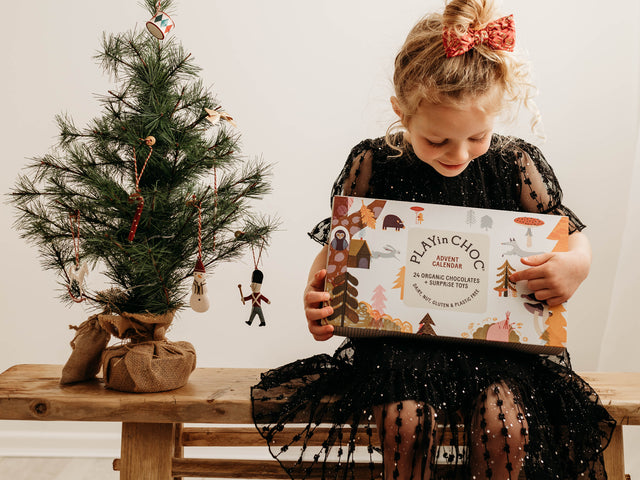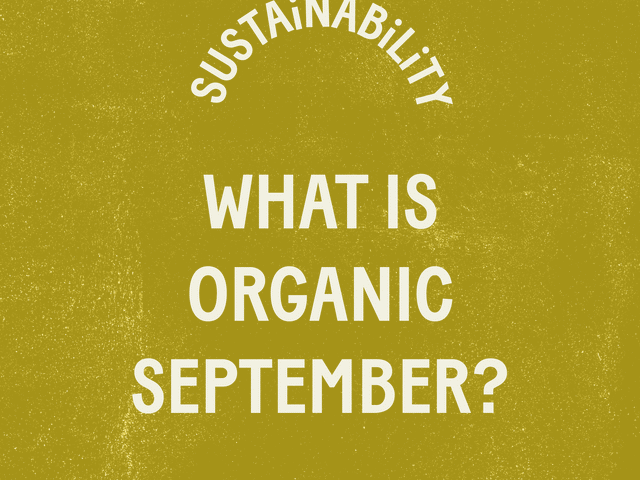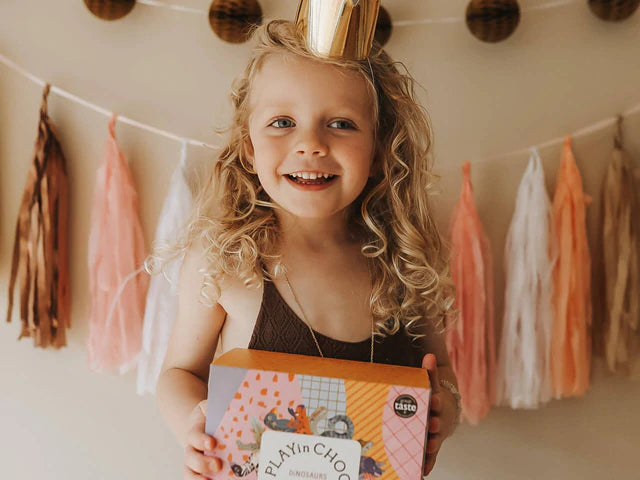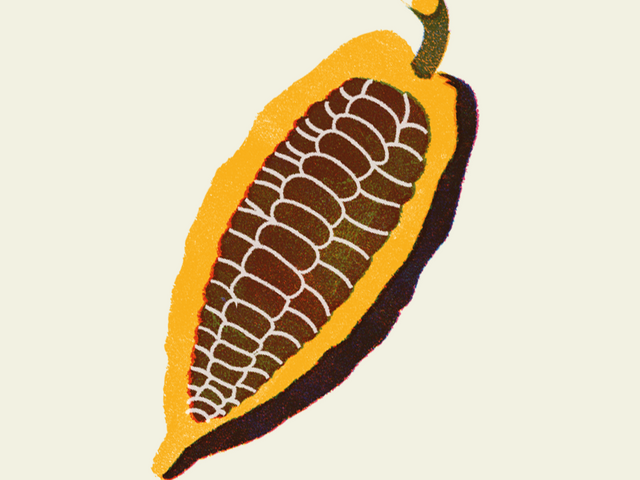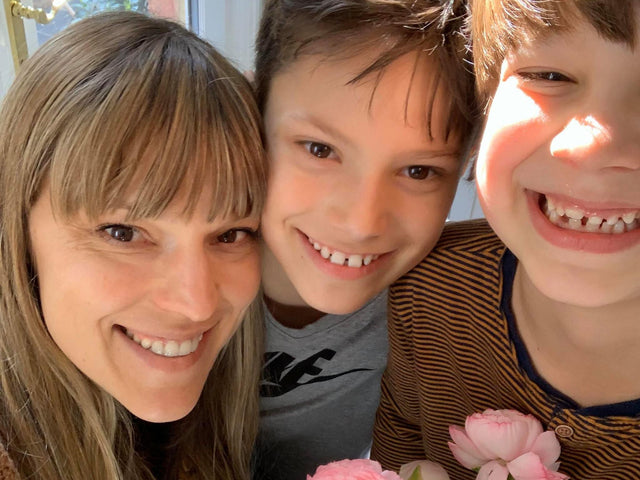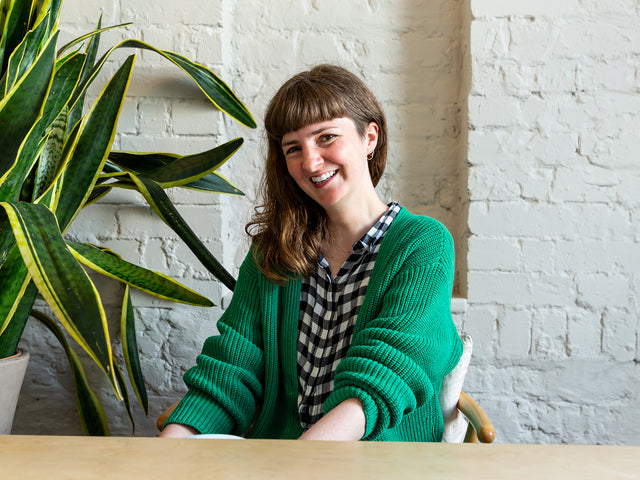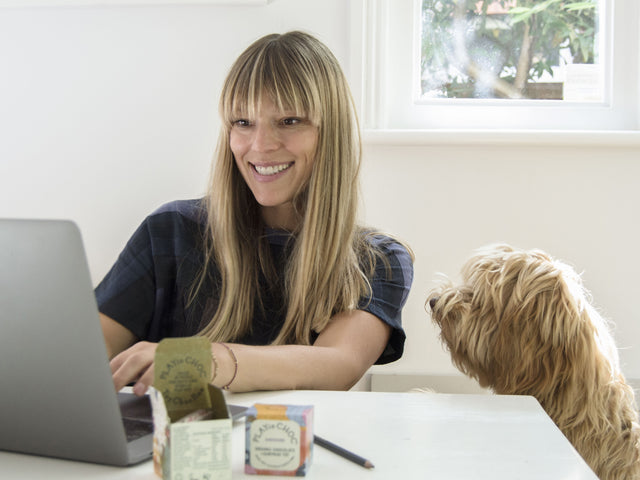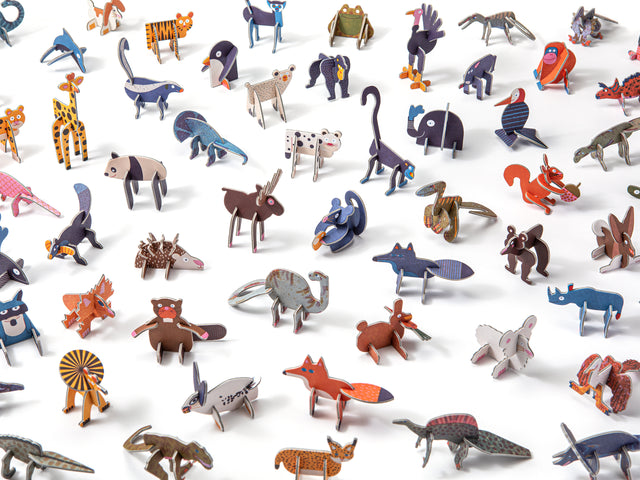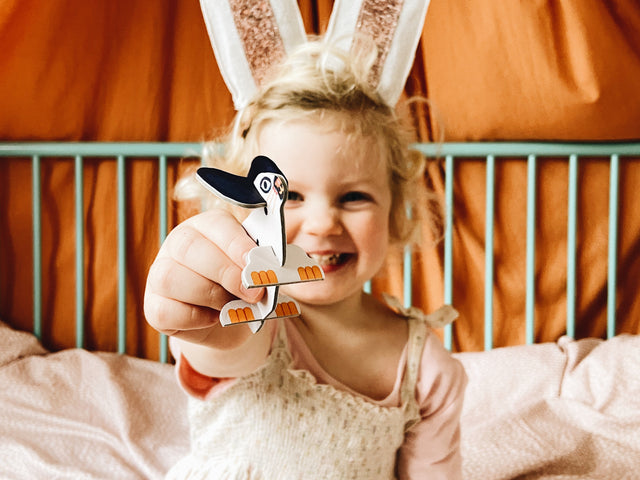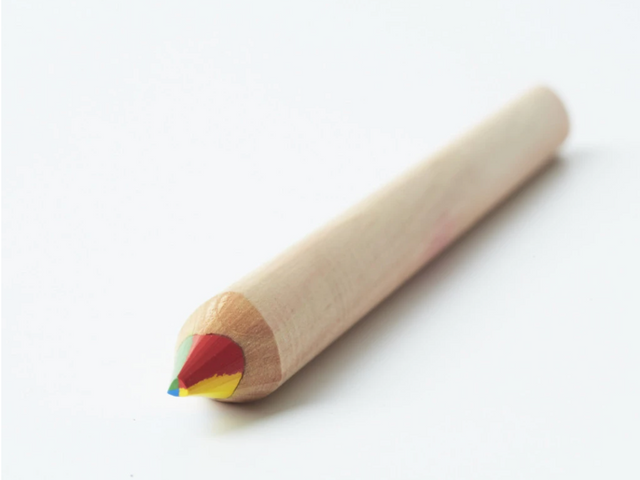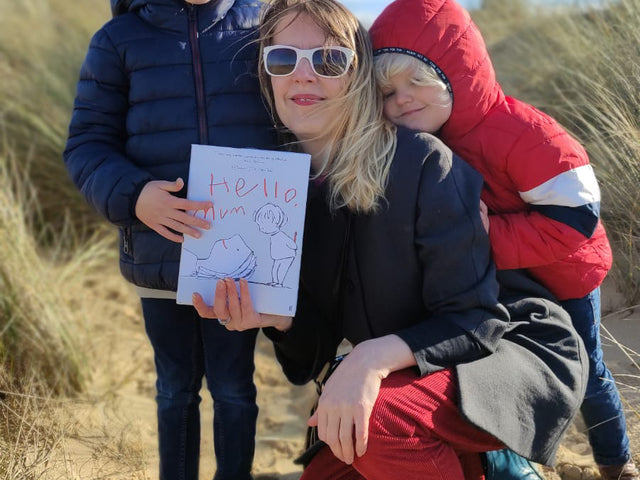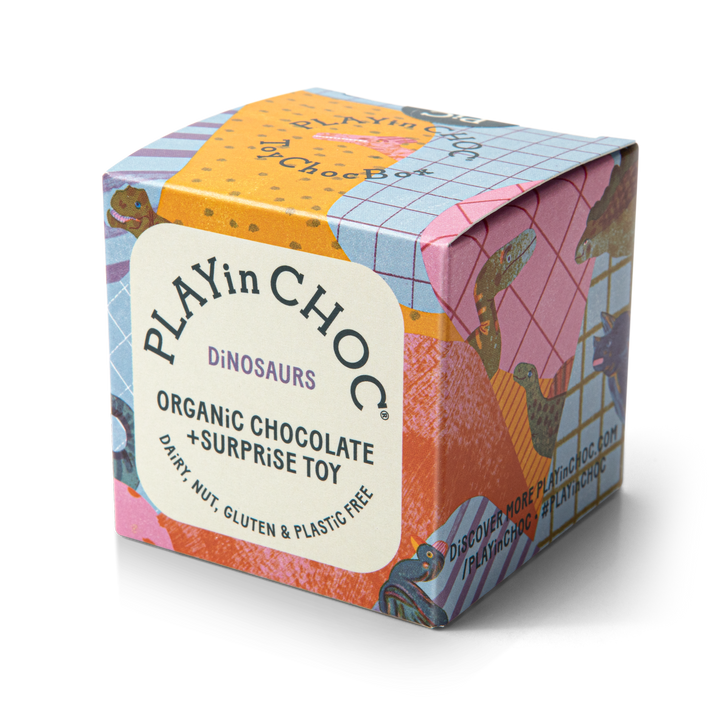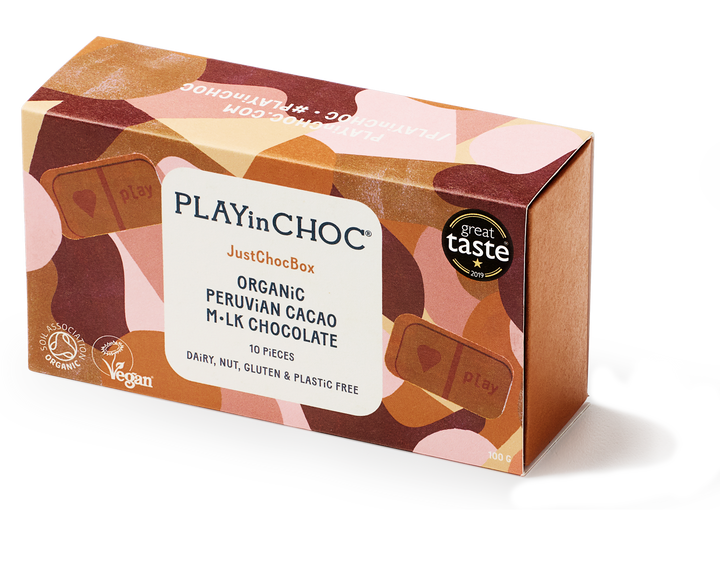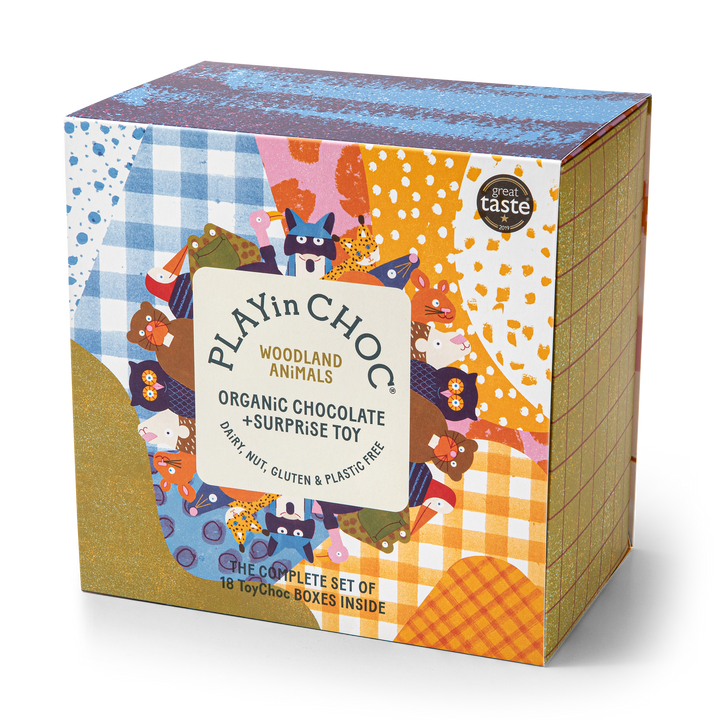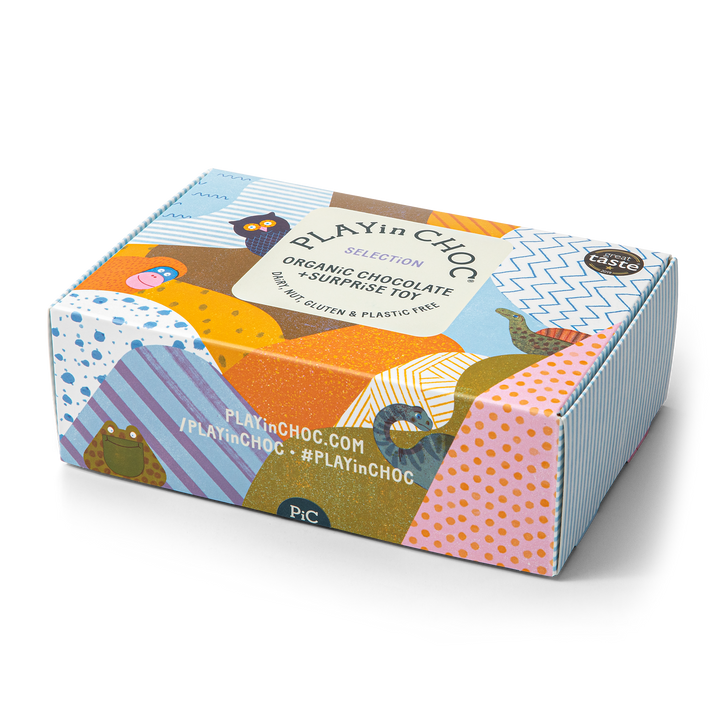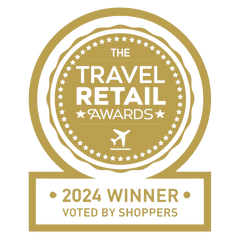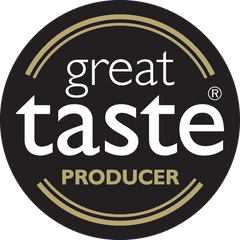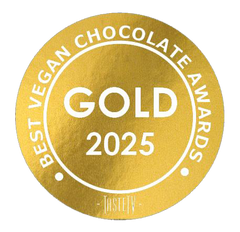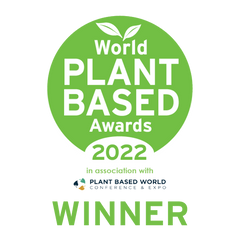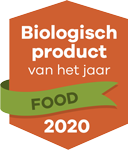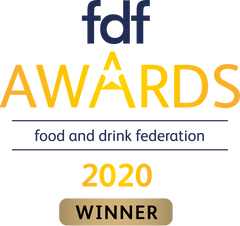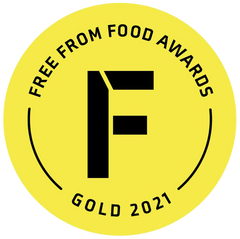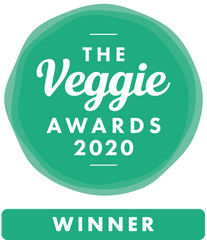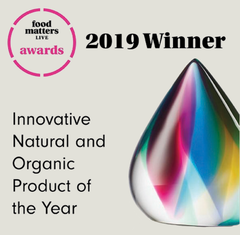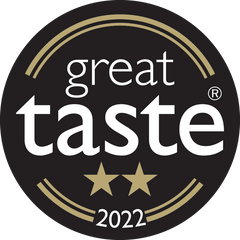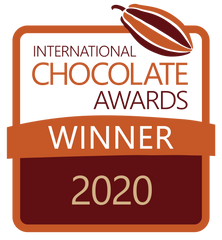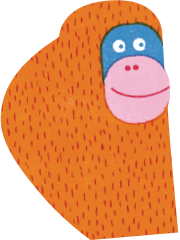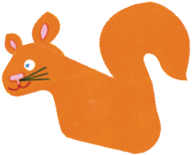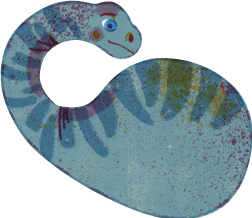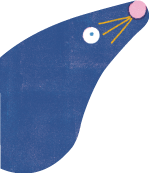Getting to know… ‘Birdgirl’ AKA Dr Mya-Rose Craig
Adventurers, entrepreneurs, activists. Each month our founder, Maya, will be speaking to a woman with a story that inspires. It’s a chance to celebrate achievements, both big and small, to share valuable nuggets of wisdom, and to find motivation in other women’s success.
This month, we’re speaking to ‘Birdgirl’ AKA Dr Mya-Rose Craig.
Where do you live and who do you share a house with?
I live and grew up in a tiny village in the Chew Valley, South of Bristol, on the edge of the Mendip Hills with views of green, rolling fields, and the beautiful Chew Valley Lake. I live with my mum, Helena, and dad, Craig, and our family cottage is in a deserted lane, halfway up a dead-end road that breaks into woodland.
How do you describe what you do?
I am a racial equality and climate and environmental campaigner and activist. I run an organization called Black2Nature which coordinates nature camps, arranges nature activities, organizes race equality in nature conferences and campaigns to make the nature conservation and environmental sectors ethnically diverse. I’m also a writer – this year I wrote a book called We Have a Dream which shares the dreams of 30 different young environmental activists of colour, especially Indigenous people, most of whom come from outside the West.

What inspired you to become so passionate about spreading the message and lead campaigns?
I’ve always loved birds and care about conservation and the environment. That love has inspired me to do everything I can to save the environment from damage and I want to try and persuade people to do the same. I’m a big advocate for global climate justice, which is basically making sure that everyone’s voices are heard in the climate change conversation.
Could you give us three words that best sum you up?
Caring, driven, engaged.
What’s the best piece of advice you have ever been given?
To listen more than you speak. The most hard-hitting thing I’ve learned in the last year writing my book was listening to the interviewees – almost all of them are affected by climate change in their everyday life – they have to fight for clean drinking water, have to stand up to oil companies trying to take their land. They have been aware of these issues and have been fighting since they were young children. But Western countries have very Western narratives around climate change and the way they think about environmental issues. Which I think is because in the West, in some ways, we’re not immediately impacted by climate change, it can be more abstract. Almost every non-Western young environmental activist is presented as, say, “the Greta [Thunberg] of China” when they might not be anything like Greta. We need to hear these different voices from outside the West and amplify what they have to say.
Is there a single piece of advice you’d give to someone else?
Find what you’re passionate about and channel it into action. The thing that I really wanted to communicate in the book was that you can make change no matter how big or small or old or young you are – if you care about something, you can go out and try and make it better. So many of these activists were so young when then started and I wanted to make a book that encouraged kids to go out and change the world.
If you could send your 16-year-old self a short message, what would it say?
This is a difficult question because I’m only 19 years old now! But I’d probably say to keep speaking out about injustices as you’re making more of a difference than you realise.
What do you do when you want to give yourself a little self-care?
Being in nature, and especially birdwatching, is my version of mindfulness. As I’ve gotten older, especially during the pandemic, I’ve really learned to appreciate just spending time outside and the simple pleasure of being outdoors, surrounded by nature. The biggest benefit of looking at birds is the impact it has on your mental health and wellbeing as well as your physical health. There is loads of research on this and it’s almost proven now that being out in nature helps manage mental health and I think that’s the biggest reason, it’s so easy to get lost in what you’re seeing than what’s going on in your head. GPs can ‘green prescribe’ now, suggesting you get outside.
What ethics are important to you and why?
Sustainability, diversity and the common good. Climate change continues to affect our lives as well as the fate of all other species and it’s important to me that we speak to diverse groups of people to help solve the crisis together. Indigenous communities from around the world, for example, have long had sustainable lifestyles that would help mitigate the effects of climate change. Indigenous peoples tend to be the most engaged with our ecosystems – and therefore first and most directly affected by upsets in the natural order – and should be involved in the decision-making processes.
What are your favourite sustainable and ethical food brands?
I love sweet food and Original Beans sells organic, ethically sourced, plastic free and climate positive chocolate. Sustainability is also built into the supply chain, and they plant a tree for every bar bought. Of course, my favourite is PLAYin CHOC as all of the ingredients are certified by the Soil Association, which means a reduction in pollution. I also really like Snact which use food-waste fruit (which would otherwise be destined for the bin) to create dried fruit jerky.
Can you point us in the direction of some of your favourite small businesses? Ocean Bottle which produce reusable bottles designed to clear the world's oceans of plastic waste, and Wyatt & Jack who create sustainable bags and accessories from upcycled beach deckchair canvas and retired bouncy castle vinyl PVC.
What’s the single best thing you’ve ever bought?
My binoculars! It means I can enjoy close-up views of my favourite birds in the wild.
Name the most essential item in your handbag, and tell us why it’s so vital.
A reusable water bottle – it’s important to stay hydrated and means there’s no need to purchase plastic throwaway bottles.
Where is your happy place?
The woodland behind my house. It’s amazing for birds, we even get birds like rare great white egrets!
What are your plans for the future?
I think education is so important if you can get the opportunity and so I’m going off to study sociology, anthropology and politics at the University of Cambridge and all of that is going to lend itself to my activism. In terms of tangible things… I still have my charity Black2Nature, I’m hopefully going to be getting involved in COP26, I’m still going to be joining protests – I don’t think it’s in my nature to stop carrying on as I am.
And lastly, what’s your favourite animal and why?
Oh, my favourite animal is too tricky, but when I was eight years old, I decided that hummingbirds were my favourite birds, and I wanted to see all of them, every single species. A rather bold statement, but I am still working on it and now, quite literally a lifetime later, I have seen over half of them and still love them.
Join our mailing list to discover new products, events and special offers!
Sign up and save 10% on your first order!

